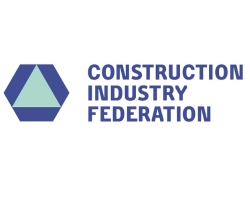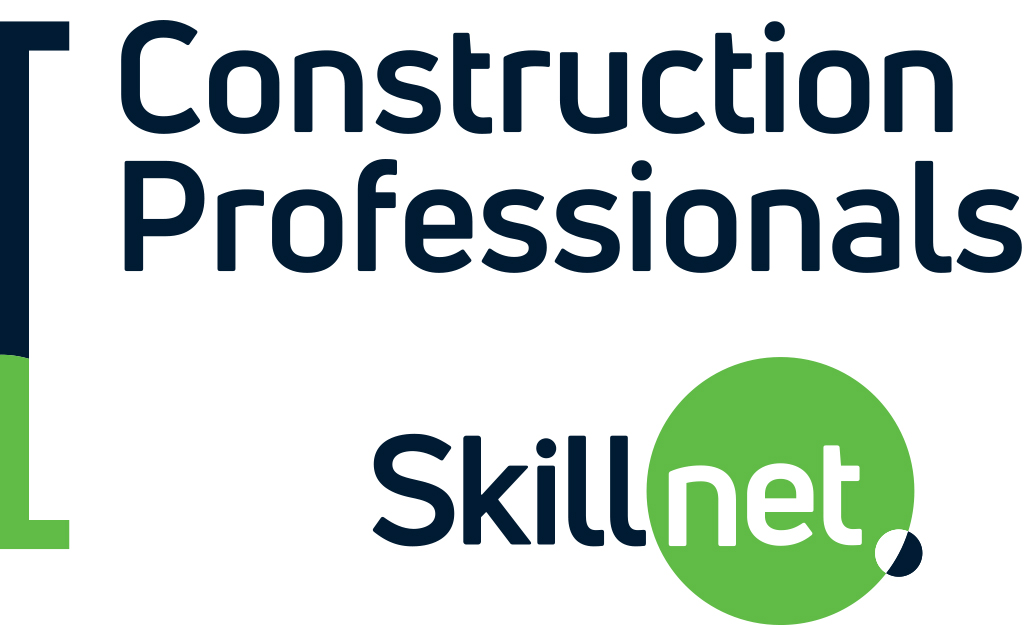Certificate in Strategic Collaboration and Coordination for MMC

Course Overview
Develop an understanding of MMC and build the skills required to operate this new construction business model effectively.
Developed in collaboration with CPSkillnet of the Construction Industry Federation, this microcredential programme helps to increase your understanding of MMC and build the collaboration and coordination skills required to operate the MMC business model effectively, through collaboration with the internal and external construction value chain stakeholders, for mutual benefit.


Why study Strategic Collaboration and Coordination for Modern Methods of Construction at Griffith College?
Modern Methods of Construction (MMC) is a new and innovative practice in the construction sector. The sector is experiencing significant disruption and change due to the green and digital transitions currently affecting the modern workplace.
Prioritising stakeholder satisfaction with agility, trust, responsiveness and quality personal service is essential. A trained workforce is required to understand, collaborate, coordinate, implement and monitor the process of MMC along the value chain.
This 15 ECTS microcredential Certificate in Strategic Collaboration and Coordination for MMC is designed to equip those operating MMC in the construction and related sectors with the practical and soft skills required to operate effectively and collaboratively with internal and external stakeholders along the construction supply chain.
- Develop knowledge and understanding of Modern Methods of Construction as a business model.
- Appreciate the necessity for coordination, cooperation and collaboration along the construction value/ supply chain.
- Develop research, communication and presentation skills as well as interpersonal skills such as empathy, commercial awareness, relationship management, project management, teamwork and time management skills.
- Increase your knowledge and interest in the field of Modern Methods of Construction and gain the skills required to identify and pursue further study paths and business and career opportunities in construction and related fields.
Intake Dates
Course Details
Module Information
This module aims to equip learners with the resources and skills required to analyse and evaluate commercial relationships when working on a Modern Methods of Construction (MMC) project. The module is designed to enable the learner to be cognisant of the factors impacting commercial relationships so they can select appropriate partners and analyse and evaluate the ongoing relationships, and effectively manage the inherent risks associated with those relationships.
This module aims to equip learners with the resources and skills required to effectively manage a Modern Methods of Construction (MMC) project. The module is designed to enable the learner to apply tools and techniques to effectively deliver an MMC project while being cognisant of the form of contract and information management processes and their impact on the project.
This module analyses the necessary practices and required behaviours to communicate effectively and create a collaborative culture in the workplace and along the value chain, and aims to equip learners with the resources and personal skills required to foster this. The module analyses the frameworks and processes to enable co-ordination and collaboration across the value chain and explores the human behaviours required to manage those processes effectively and build a collaborative culture thus enhancing the capabilities of the value chain.
Learners will gain an appreciation of the importance of effective communication, collaboration and transparency. Through the module, participants will develop an understanding of different communication styles, and build the competencies necessary to create a culture of collaboration, trust and transparency with stakeholders.
Course Contact

- Dublin Main Campus
Timetables
How to Apply
Entry Requirements
This programme is aimed at learners who currently hold an NFQ Level 7, or higher, cognate qualification, and who wish to achieve a Level 8 qualification in Strategic Collaboration and Coordination for MMC (Modern Methods of Construction).
Applicants must be employed in a construction/related business and have at least one years’ experience. Where English is not the learner’s first language, a minimum English language proficiency of CEF B2+ or equivalent is required. Candidates with English language levels below CEF B2+ must first reach this minimum standard before enrolling on the academic programme Applicants without the academic entry requirements may also apply for entry to the programme.
All applications involving the consideration of Accredited Prior Learning (APL) or Accredited Prior Experiential Learning (APEL) are managed by the college’s APL / APEL committee in accordance with its approved QAE procedures. Applicants who are over the age of 23 may apply on the basis of previous work experience and a demonstration of commitment to further education. Applicants are required to meet the entry requirements if they are under the age of 23. The recognition of prior learning (RPL) will be assessed against their relevant industry experience and expertise.
Fees
Please note that not all study modes may be offered at all times. For confirmation, refer to the intake dates in the Overview tab.
Tuition Fees
Dublin: €2,025.00
(+ Academic admin fee + 2% LPC)
A 31% subsidy from the Construction Professional Skillnet is available to eligible applicants.
To receive funding, you must work in the private sector. Public sector workers are not eligible for Skillnet funding.
All private sector businesses of any size, including sole traders, based in the Republic of Ireland are eligible to undertake part-funded upskilling with Skillnet Ireland.
Please note: the company must pay the course fee. Funding is not available to individual applicants.
General Fee Information
An Academic Administration Fee of €250 is payable each September at the start of term. For students starting in the January/February term, €125 is payable in February, and then €250 will be payable each September from then onwards.
A 2% Learner Protection Charge is applicable each academic year in addition to the fees quoted. The fees above relate to Year 1 fees only.
Progression
Graduates will gain the MMC knowledge and the collaboration and coordination competencies required to engage with a broad range of MMC projects including those for the development of housing, public buildings, industrial facilities, data centres, hospitals, schools, infrastructure, etc.

